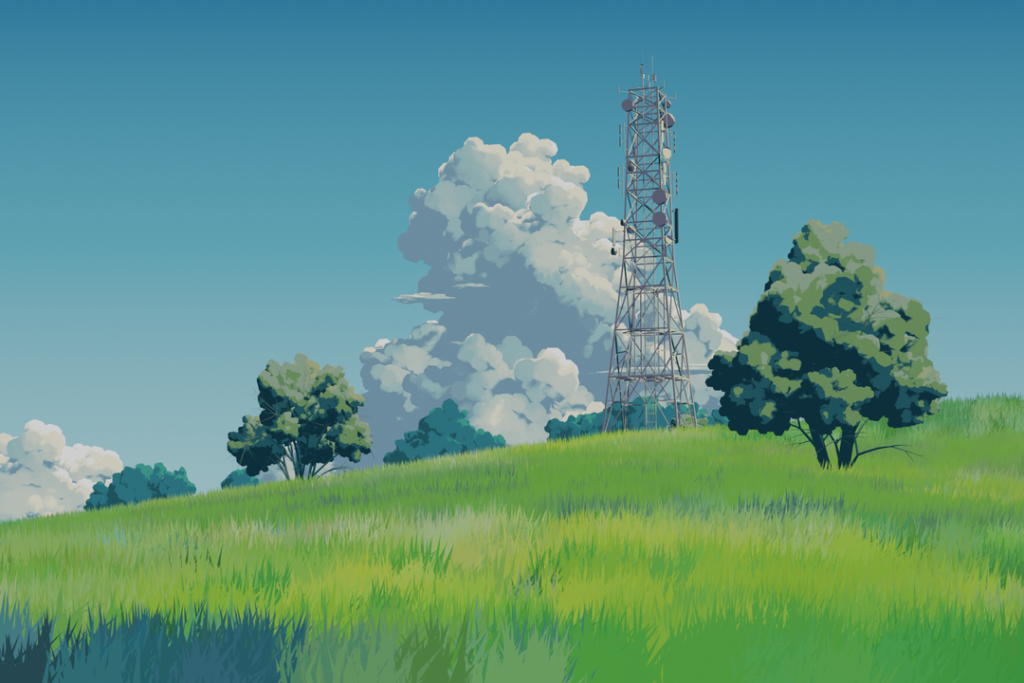by Allison Lee

There’s an unspoken but universal understanding of what defines ‘extraordinary’, though the definition might differ from person to person. We all harbor a standard measure of what it means to be ordinary, to be un-outstanding, to be ‘just another face in the crowd’; anything above that measure is automatically eligible for ‘extraordinary’.
In these fast-paced, hustling concrete jungles, we have unknowingly fostered an environment that sets its every aim on levels of extraordinariness, discarding all ordinary efforts as ‘bare minimum’ and expecting people to go above and beyond. This staircase model that we have created labels everyone below the average step ‘less than’ or ‘unworthy of attention’, ultimately creating a momentum that pushes everyone to strive for a constant, upward climb.
While a collective shift to higher levels might craft the image of a more talented, productive, and capable pool of candidates to drive society, this is not necessarily the case. The logic follows that the bar for what constitutes ‘extraordinary’ is raised every time the majority of the population achieves the standard, which translates into an ever-increasing pressure to become extraordinary.
We see this reflected in the Asian culture, where, though commonly cited as a joke, getting a 98% on the test is ‘not good enough’. Going off on a tangent, performing well academically in school no longer warrants praise as it is expected to be the bare minimum; students have to go above and beyond to sacrifice their time and energy on a multitude of extracurriculars to even be considered ‘average’.
We’ve been pining over ‘new and improved’ for so long that we let slip our minds the beauty of simply being. And so, in this issue, we would like to remind you of just that. We invite you to revel in the melancholy comfort of city streets, the refracted light rays of nostalgia and yearning, and the quiet music of post-pandemic life. We have retrospective analyses on slice of life depictions and prospective solarpunk imaginings. As much as being is both a passive and active process, we also remind ourselves that pressing issues, such as body dysmorphia and the sexualization of pop culture, are to be recognized and tackled with the equal care that we do aim to do for ourselves.
So, dear reader, keep doing what you’re doing every single day, but remember to stop and smell the flowers.